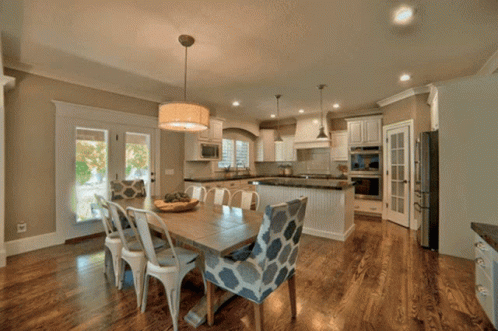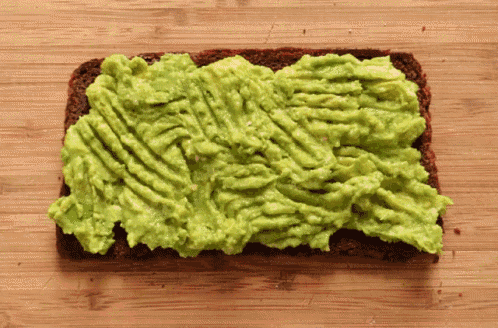Home insurance is an essential type of coverage that protects your property and belongings from unforeseen events, such as accidents, natural disasters, or theft. It offers peace of mind, knowing that your home and possessions are safeguarded from financial loss. This article delves into the key aspects of home insurance, its importance, and what you should know when choosing a policy.
What is Home Insurance?
Home insurance, often referred to as homeowners insurance, is a contract between the policyholder and the insurance company. In exchange for premium payments, the insurer provides financial protection in case of damage, destruction, or loss of property due to specific events. Coverage can extend to a variety of situations, including fire, theft, vandalism, and natural disasters like storms or earthquakes.
Types of Home Insurance Coverage
Home insurance policies generally come in several different forms, each offering varying levels of protection. Here are the most common types:
- HO-1: Basic Coverage This is a limited, bare-bones policy that covers only specific perils such as fire, theft, and vandalism. It’s relatively rare in modern policies, as it provides minimal protection.
- HO-2: Broad Coverage This type covers more risks than HO-1, including damages from falling objects, snow, and ice. It’s a good choice for homeowners who need slightly broader protection.
- HO-3: Special Coverage The most popular home insurance policy, HO-3 provides coverage for all perils except those specifically excluded in the policy (such as floods and earthquakes). It offers comprehensive protection for both the structure and contents of your home.
- HO-4: Renters Insurance This type is designed for renters rather than homeowners. It protects personal belongings within the rented space against theft, fire, and other risks. However, it does not cover the structure of the building itself.
- HO-5: Comprehensive Coverage This policy offers the highest level of coverage, covering all perils unless they are explicitly excluded. It provides protection for both the structure and the contents of the home, usually on a replacement-cost basis.
- HO-6: Condo Insurance Condo insurance covers the interior of a condominium unit, including personal property and any improvements made to the unit. It typically complements a condo association’s master policy, which covers shared spaces.
- HO-7: Mobile Home Insurance This is tailored for owners of mobile homes. Coverage is similar to that of a regular homeowner’s policy but adapted to the specifics of mobile home ownership.
- HO-8: Older Home Insurance For homeowners with older properties, this policy offers coverage based on the market value of the home, rather than the replacement cost. It’s ideal for homes that might not meet modern building standards.
Key Components of a Home Insurance Policy
Home insurance policies are typically broken down into several key components. Understanding these can help you ensure adequate protection.
- Dwelling Coverage This covers the structure of your home itself, including walls, roof, and foundation, against risks like fire, storms, and vandalism.
- Personal Property Coverage This protects your personal belongings, such as furniture, electronics, and clothing, if they are damaged, destroyed, or stolen.
- Liability Coverage If someone is injured on your property or if you accidentally cause damage to someone else’s property, liability coverage will help cover medical expenses, legal costs, and other damages.
- Loss of Use Coverage If your home becomes uninhabitable due to a covered event (e.g., fire or flood), loss of use coverage helps pay for temporary housing and living expenses.
- Additional Living Expenses (ALE) This is often bundled with loss of use coverage. It reimburses you for costs incurred while your home is being repaired, such as hotel bills, meals, and other temporary living costs.
Why is Home Insurance Important?
- Protection Against Natural Disasters From hurricanes and tornadoes to wildfires and earthquakes, natural disasters can cause extensive damage to your home. Having the right home insurance ensures that you won’t face the financial burden of repairs and reconstruction.
- Safeguarding Personal Belongings Whether it’s furniture, electronics, or important documents, your personal possessions are often one of the most valuable aspects of your home. Insurance covers the cost of replacing these items if they are lost or damaged.
- Liability Protection If a guest is injured on your property, you could be held financially responsible. Liability coverage helps protect you from legal fees, medical expenses, and other costs that could arise from such incidents.
- Peace of Mind Knowing that you have comprehensive coverage provides peace of mind. Life is unpredictable, but home insurance offers a safety net, allowing you to face challenges with confidence.
Factors That Affect Home Insurance Costs
Several factors influence how much you’ll pay for home insurance:
- Location: Homes in areas prone to natural disasters, such as earthquakes or floods, typically cost more to insure.
- Home’s Age and Condition: Older homes or those that require significant repairs may have higher premiums.
- Coverage Level: The more comprehensive your coverage, the higher the premium, but this also ensures better protection.
- Deductible Amount: A higher deductible can lower your premium, but it also means you’ll pay more out of pocket in the event of a claim.
- Claims History: A history of frequent claims may lead to higher premiums, as insurers view the home as riskier.
- Credit Score: In many places, insurers use your credit score to assess risk. A higher score may result in lower premiums.
How to Choose the Right Home Insurance
- Assess Your Needs Think about your home’s value, the types of risks you face (e.g., natural disasters), and the personal belongings you want to protect. This will help you determine the coverage amount and policy type that best suits your needs.
- Compare Multiple Quotes Don’t settle for the first quote you receive. Shop around to compare prices and coverage from different insurers to ensure you get the best deal.
- Understand Policy Exclusions Carefully review the exclusions in the policy. Some common exclusions include damage caused by floods, earthquakes, and regular wear and tear.
- Review Customer Service The quality of customer service and how quickly an insurer processes claims are vital. Look at reviews and ratings to find a company with a solid reputation.
Conclusion
Home insurance is a vital safeguard for homeowners, renters, and condo dwellers alike. By understanding the different types of coverage, components, and factors that affect your premium, you can make an informed decision when choosing a policy. With the right coverage, you can protect your home, belongings, and financial future, ensuring you have peace of mind no matter what life throws your way.





















